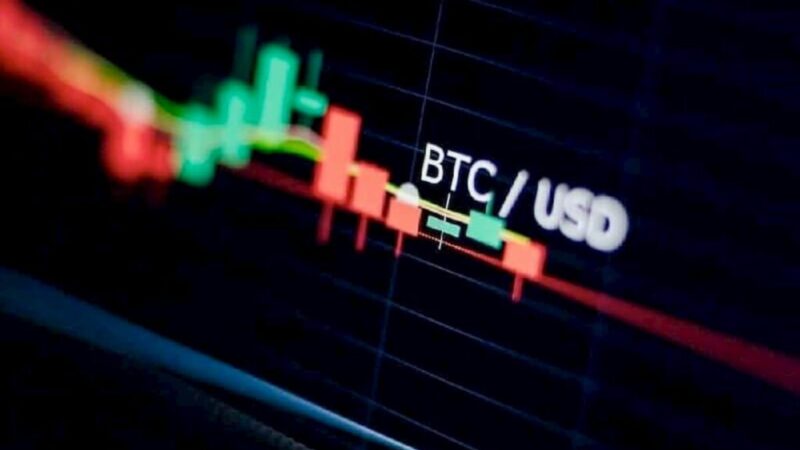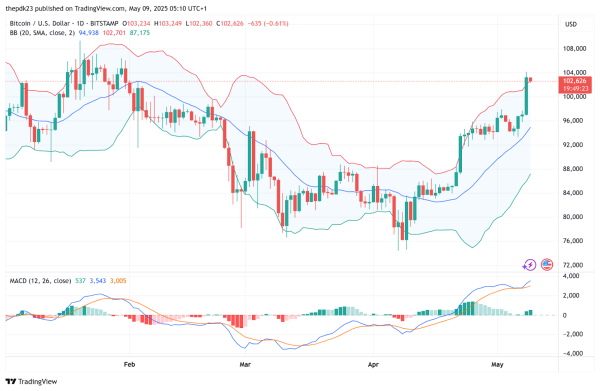Bitcoin Price Buoyed by Delayed Trump Tariffs, But BTC Isn’t Out of the Woods Yet
Bitcoin bounced back after President Donald Trump’s tariff threats forced Mexico and Canada to come to the table, but the geopolitical episode weighing on crypto may not be over yet.
Though Mexico and Canada reached deals with the U.S., delaying tariffs by 30 days, 10% levies on imported Chinese products still took effect. What’s more, China hit back with tariffs of up to 15% on American products, like natural gas and pickup trucks, per the South China Morning Post.
After plummeting as low as $92,900 on Monday, Bitcoin’s price jumped to $102,000 as geopolitical clouds showed signs of abating. Still, Bitcoin traded hands around $99,500, as of noon New York time on Tuesday. The Bitcoin price has now seen a 0.7% increase over the past day.
Monday’s dealmaking avoided an all-out trade war between America and two of its largest trading partners. But China’s defiance still resulted in a notable uptick in inflation expectations, according to Geoff Kendrick, global head of digital assets research at Standard Chartered.
He noted that the two-year breakeven inflation rate on Treasury Inflation-Protected Securities (TIPS) ticked up to 2.98% on Tuesday from 2.95% a day prior, in a report shared with Decrypt. That shift reflects a belief among market participants that inflation is likely to increase over the next two years.
The Federal Reserve signaled during its December policy meeting that reigning in inflation to its 2% target could grow more challenging due to potential shifts in trade policy under Trump.
Until the U.S. bond market signals that inflation fears have faded, or flips to growth concerns, Kendrick wrote that Bitcoin’s price will be stuck trading sideways.
Investors often use the so-called yield curve to gauge the bond market. It shows the interest rate for bonds with different maturities, ranging from one-month bills to 30-year bonds.
Long-term yields typically reflect expectations of what the Fed will do in the future, and if they drop, Kendrick wrote that it could signal fears of lower consumer spending—and therefore reduced economic growth—have started to outweigh inflation concerns.
Those inflation concerns may be rooted in trade-related threats that Trump has yet to follow up on, whether that’s 100% tariffs for BRICS nations trying to ditch the dollar in global trade and finance, or levies on the EU and United Kingdom.
“Market participants will now have to assume Trump is fully willing to act on all his other proposals,” GSR Head of Research Brian Rudick told Decrypt Monday.
While Bitcoin saw some reprieve following moves from Mexico and Canada on Monday, Trump had signaled the day before that European nations will face pressure too, per The Guardian.
“It will definitely happen with the European Union, I can tell you that,” Trump said. “I wouldn’t say there’s a timeline but it’s going to be pretty soon.”
Edited by Stacy Elliott.




